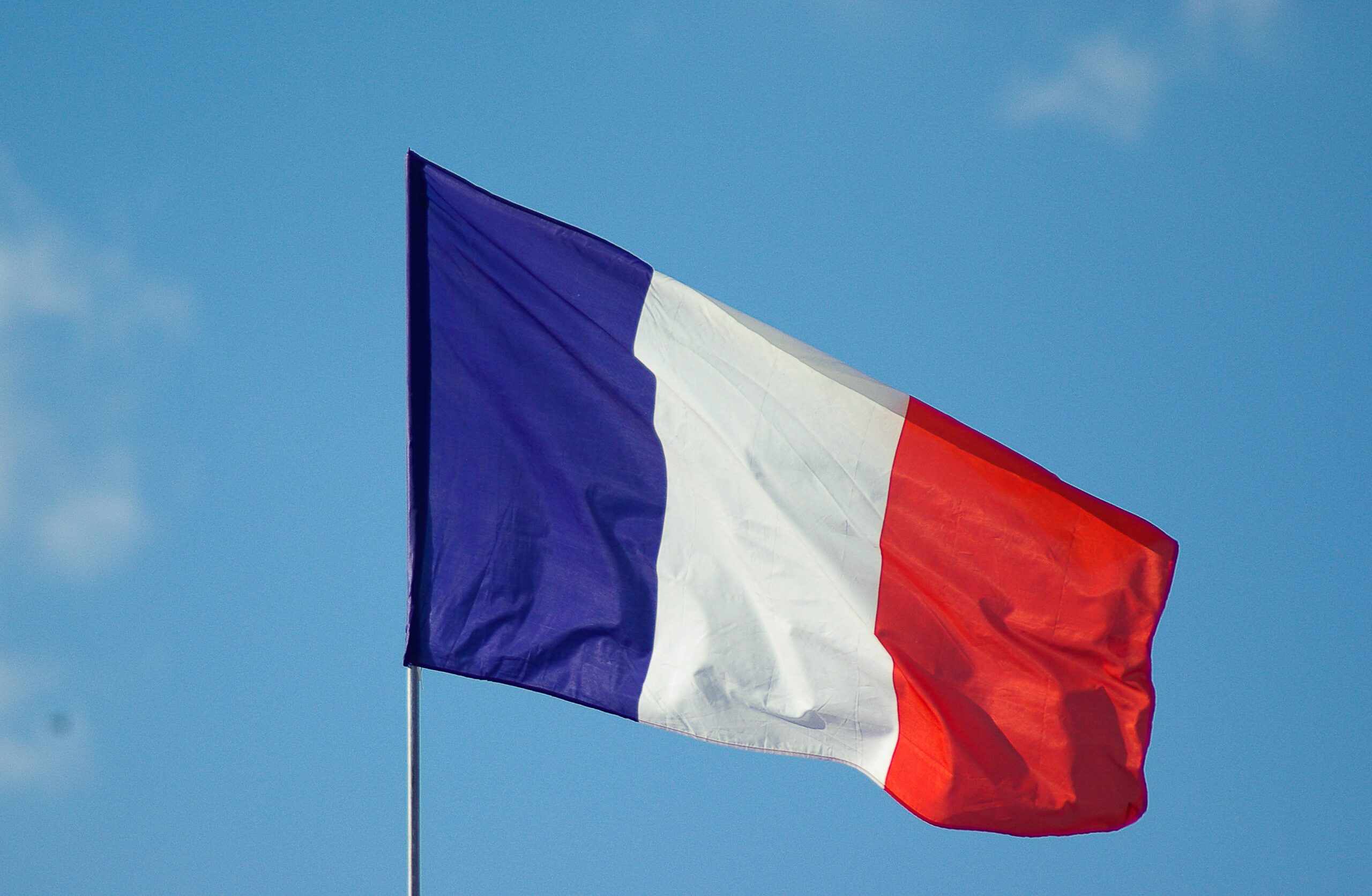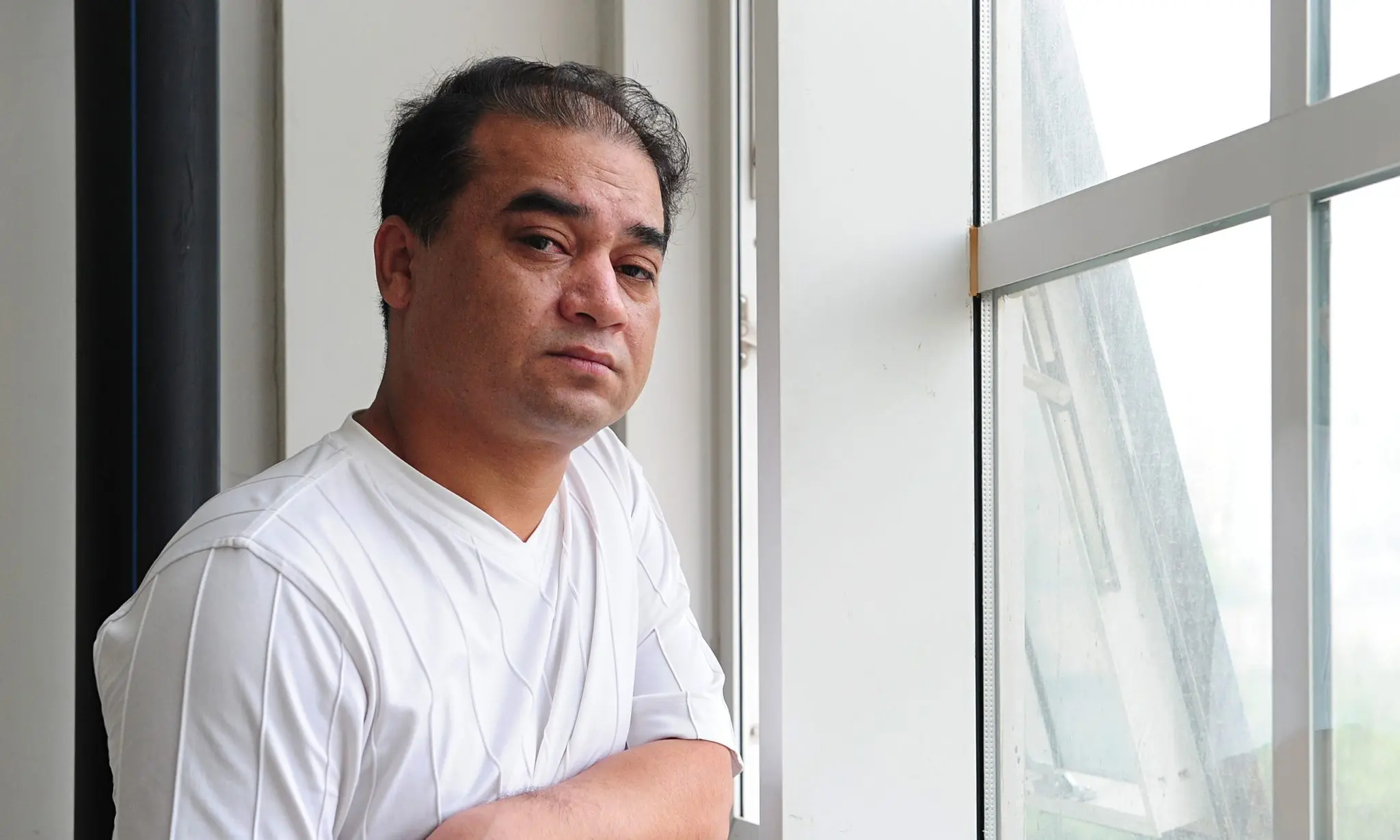Last month, the Beijing Platform for Action commemorated the 20th anniversary of the Fourth World Conference on Women that took place in Beijing in 1995. That landmark conference produced the Beijing Declaration and Platform for Action, laying a blueprint for respecting and promoting women’s rights. This year’s Beijing Platform for Action reflected upon what progress has been made and what barriers remain to improving gender equality and women’s rights through discussion by prominent figures. However, as the #FreeThe20 campaign illustrated, vital women’s voices were missing from the event because the 20 women profiled by the campaign, in addition to countless others, have been imprisoned for their human rights activism and free expression work.
Building on the awareness generated by the #FreeThe20 campaign, during the month of October PEN American Center will feature the cases of three courageous and determined female writers—women whose voices have been silenced through murder, imprisonment, or house arrest:
Anna Politkovskaya was a Russian writer and human rights activist who was assassinated in her central Moscow apartment on October 7, 2006, for exposing human rights abuses occurring within Chechnya.
Shiva Nazar Ahari is a 31-year-old Iranian blogger, writer, and human rights activist. She has been imprisoned by the Iranian government multiple times since she was 18 years old for her reporting on human rights abuses as part of the Committee of Human Rights Reporters, of which she is a founding member. Ahari is currently serving a four-year prison term, which she began in September 2012.
Liu Xia is a poet, artist, and founding member of the Independent Chinese PEN Center who has been placed under indefinite house arrest by the Chinese government, which does not acknowledge her detention. Liu is the wife of Nobel Laureate Liu Xiaobo, who is serving 11 years in prison for his writings about democratic reforms in China.
These cases represent only 3 of about 900 cases that the 2014 PEN case list documents and tracks of individuals around the world who have been persecuted for their use of the written word. Of these 900 cases, 179 case individuals are women. The list provides an eye-opening account of the various threats faced by women for exercising their right to free expression. As of 2013, females comprised around 64% of the world’s illiterate population of around 774 million people. In addition to fighting an uphill battle to express themselves through the written word because of disproportionate barriers to education and employment compared to their male counterparts in many countries, women that do exercise their right to free expression face terrible risks and repercussions ranging from harassment to detainment and imprisonment to murder.
Female writers are also the targets of sexual harassment and violence. Though sexual violence is sometimes meted out as a tool of intimidation against male journalists, it is primarily used as a tool against female journalists. Anna Politkovskaya was threatened with rape while undertaking her investigatory work in Chechnya. Columbian journalist Jineth Bedoya Lima, while on assignment for El Espectador, was abducted, drugged, savagely beaten, and raped by multiple men. Blackmailers threatened to release explicit photos of Khadija Ismayilova, 2015 PEN/Barbara Goldsmith Freedom to Write Awardee, taken while she was engaged in intimate sexual relations with her boyfriend. The Committee to Protect Journalists’ report “The Silencing Crime: Sexual Violence and Journalists” indicates that many female journalists stay silent about their sexual harassment or assault because of the associated stigma, and the fact that in some environments, a woman is blamed for her sexual harassment or assault.
Women’s free expression must be celebrated and utilized as a tool to further gender equality and women’s rights. The voices of women like Politkovskaya, Ahari, and Liu must not be left out of the conversation the way the voices of the women in the #FreeThe20 campaign were. Women the world over are forced into silence, whether by a lack of access to education, societal barriers and pressures, or sexual violence and repercussions for speaking out. The right to free expression is not only about speaking one’s mind, it is about being empowered to do so.


